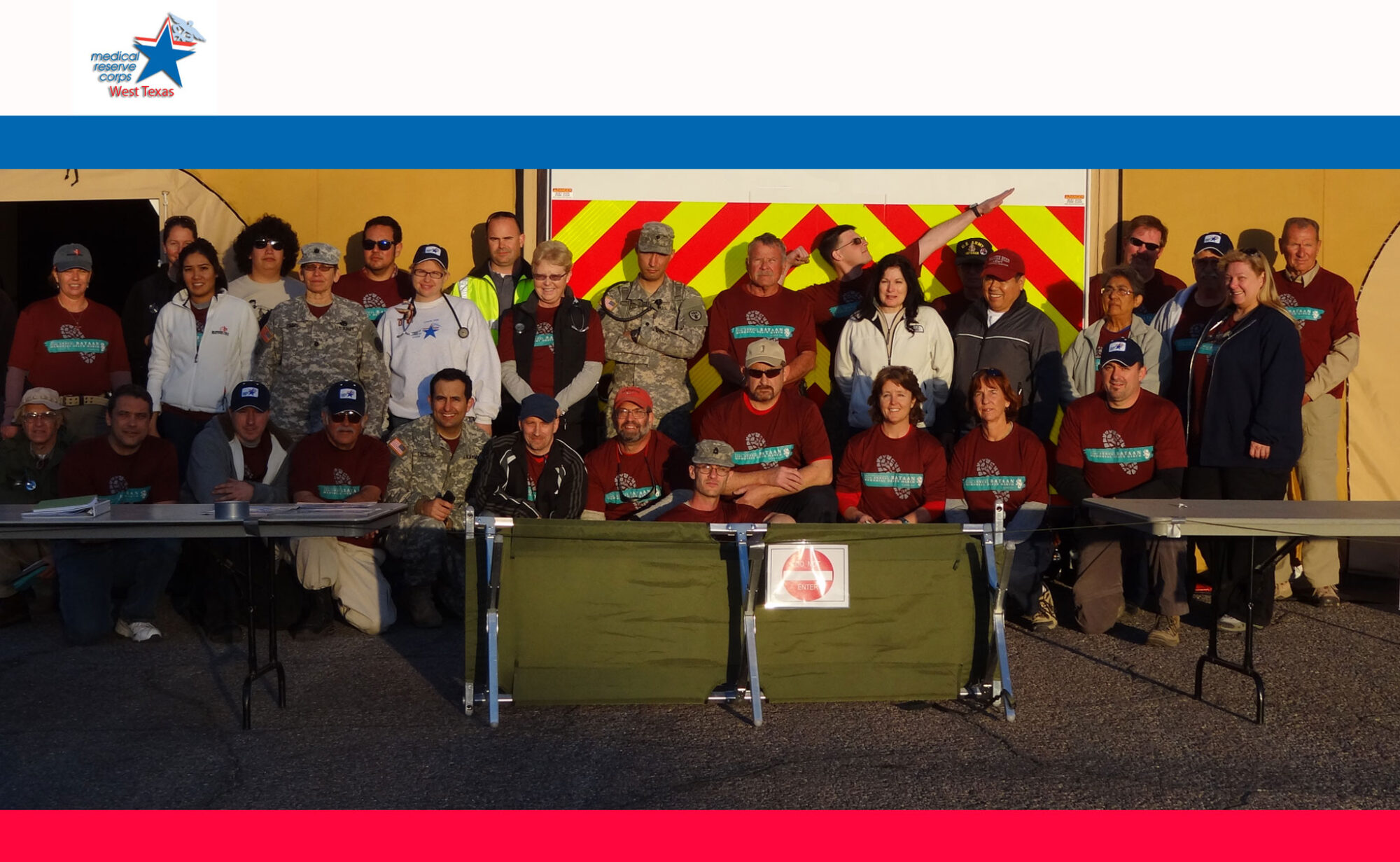Are there specific skills I need to Volunteer?
While the main focus of the MRC centers on medical services and healthcare, you do not need to be trained in a healthcare field to contribute to the mission.
Some examples of MRC team member expertise include:
- Practicing and retired medical professionals, such as doctors, nurses, emergency medical technicians, pharmacists, hospital-based workers, nurses’ assistants, veterinarians, dentists, and others with health/medical training.
- Retired and working professionals in the fields of public health.
- Community citizens without medical training who can assist the primary health teams with administrative services, communications, record-keeping, and many other essential support functions.
As an MRC volunteer, you’ll become informed about and oriented to your community’s emergency procedures, trauma response techniques, use of specialized equipment, and other information that increases your effectiveness as a member of the team.
Training in the various areas of healthcare and disaster preparedness management is provided. This material may be presented in a variety of formats, including on the Internet, through CDs, in seminars, workshops, and classrooms.
Most importantly, you’ll learn about the teamwork that is organized and designed to supplement the community’s emergency response plan. Your skills will be put to best use in a coordinated manner
While the main focus of the MRC centers on medical services and healthcare, you do not need to be trained in a healthcare field to contribute to the mission.
Some examples of MRC team member expertise include:
- Practicing and retired medical professionals, such as doctors, nurses, emergency medical technicians, pharmacists, hospital-based workers, nurses’ assistants, veterinarians, dentists, and others with health/medical training.
- Retired and working professionals in the fields of public health.
- Community citizens without medical training who can assist the primary health teams with administrative services, communications, record-keeping, and many other essential support functions.
As an MRC volunteer, you’ll become informed about and oriented to your community’s emergency procedures, trauma response techniques, use of specialized equipment, and other information that increases your effectiveness as a member of the team.
Training in the various areas of healthcare and disaster preparedness management is provided. This material may be presented in a variety of formats, including on the Internet, through CDs, in seminars, workshops, and classrooms.
Most importantly, you’ll learn about the teamwork that is organized and designed to supplement the community’s emergency response plan. Your skills will be put to best use in a coordinated manner

